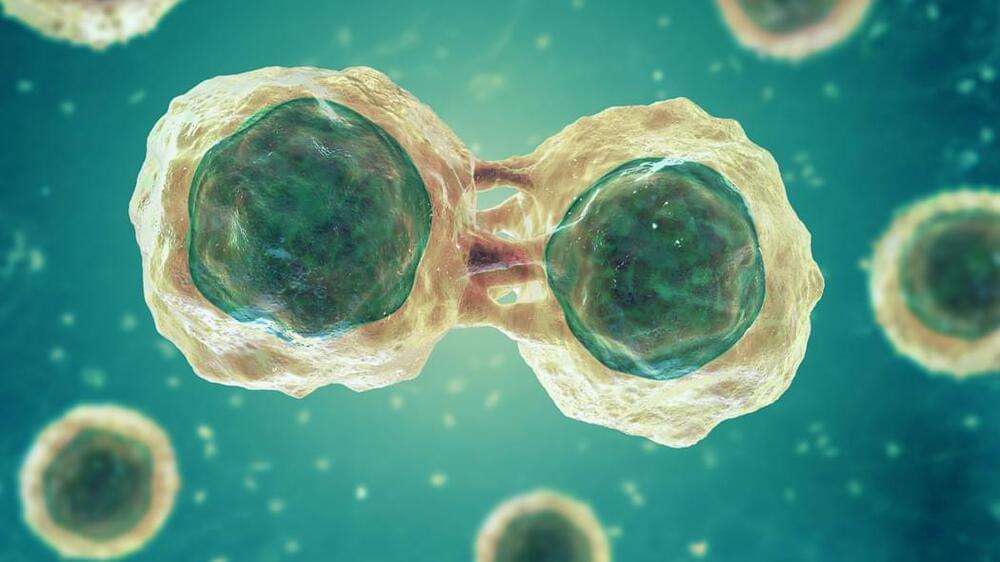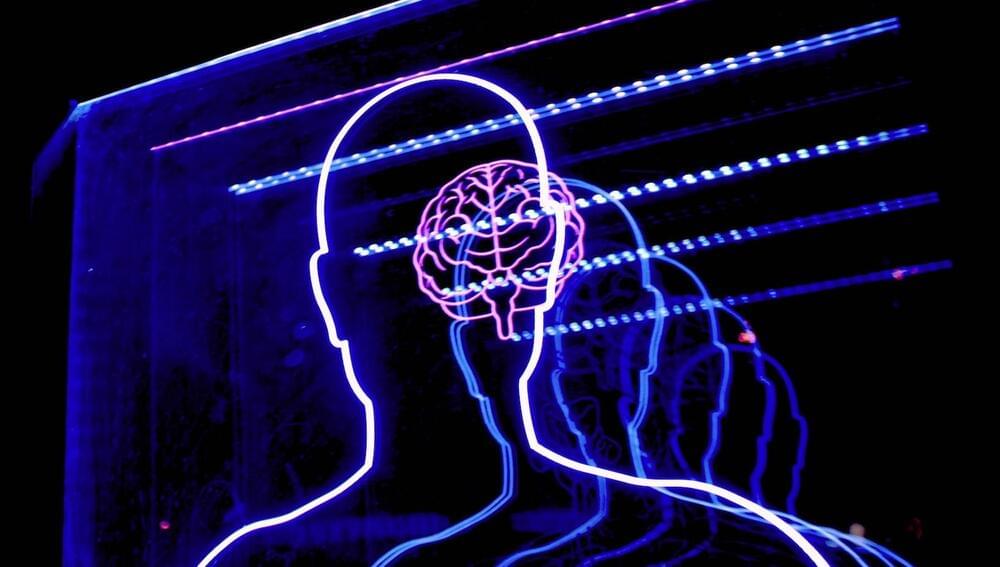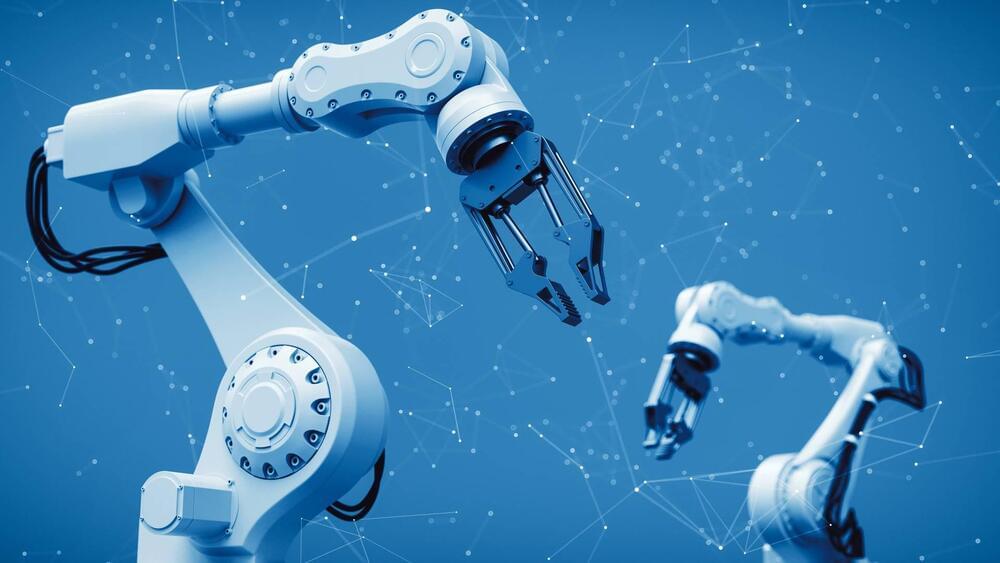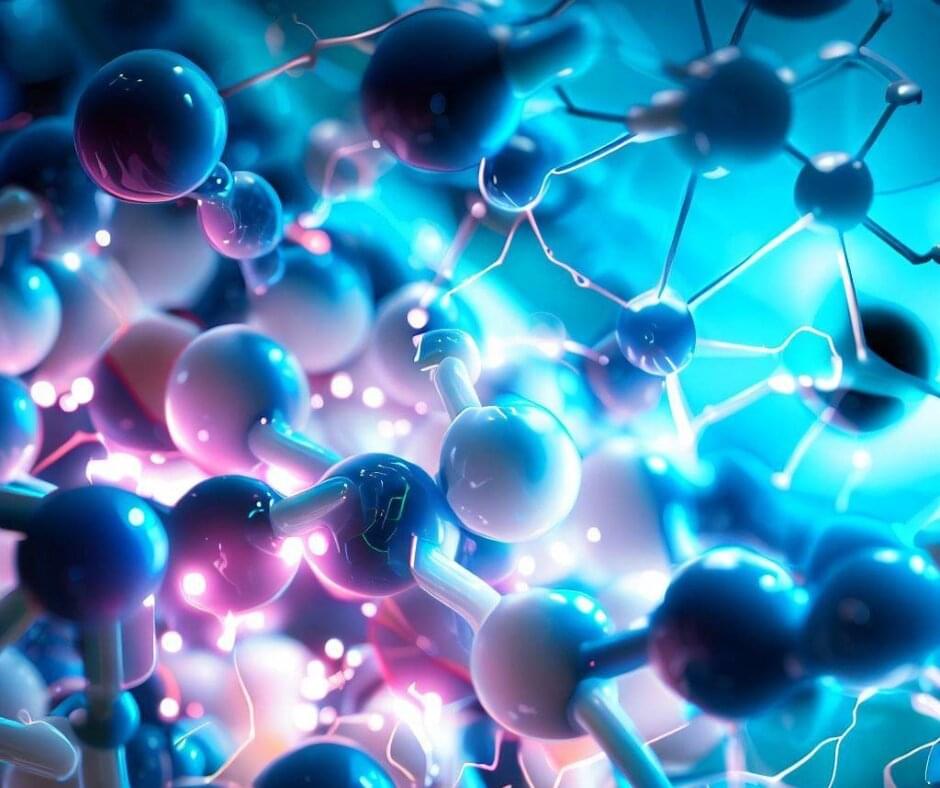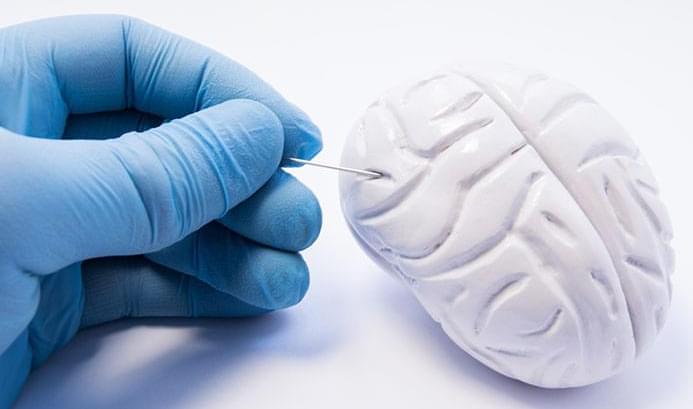Jul 10, 2023
Demystifying the Art of Stem Cell Isolation and Picking
Posted by Shubham Ghosh Roy in category: biotech/medical
Stem cells are valuable to a wide range of biomedical and pharmaceutical research applications because of their high self-renewal and differentiation potential. But working with human stem cells is not easy. For starters, they are high-maintenance and expensive to culture. They also need to be constantly monitored, to ensure they remain pluripotent, viable and homogeneous. In order to set yourself up for success, firstly, you need a precise and gentle way to isolate stem cells.
Challenges of stem cell isolation
Stem cells are cultured in the lab using specialized “recipes” that vary depending on the application. For example, adult cells can be reprogrammed into pluripotent stem cells (iPSCs) by adding cofactors like Oct3/4, KLF4, Sox2 and c-Myc1. Along the way, stem cells are isolated for routine testing to make sure they have the expected features.
